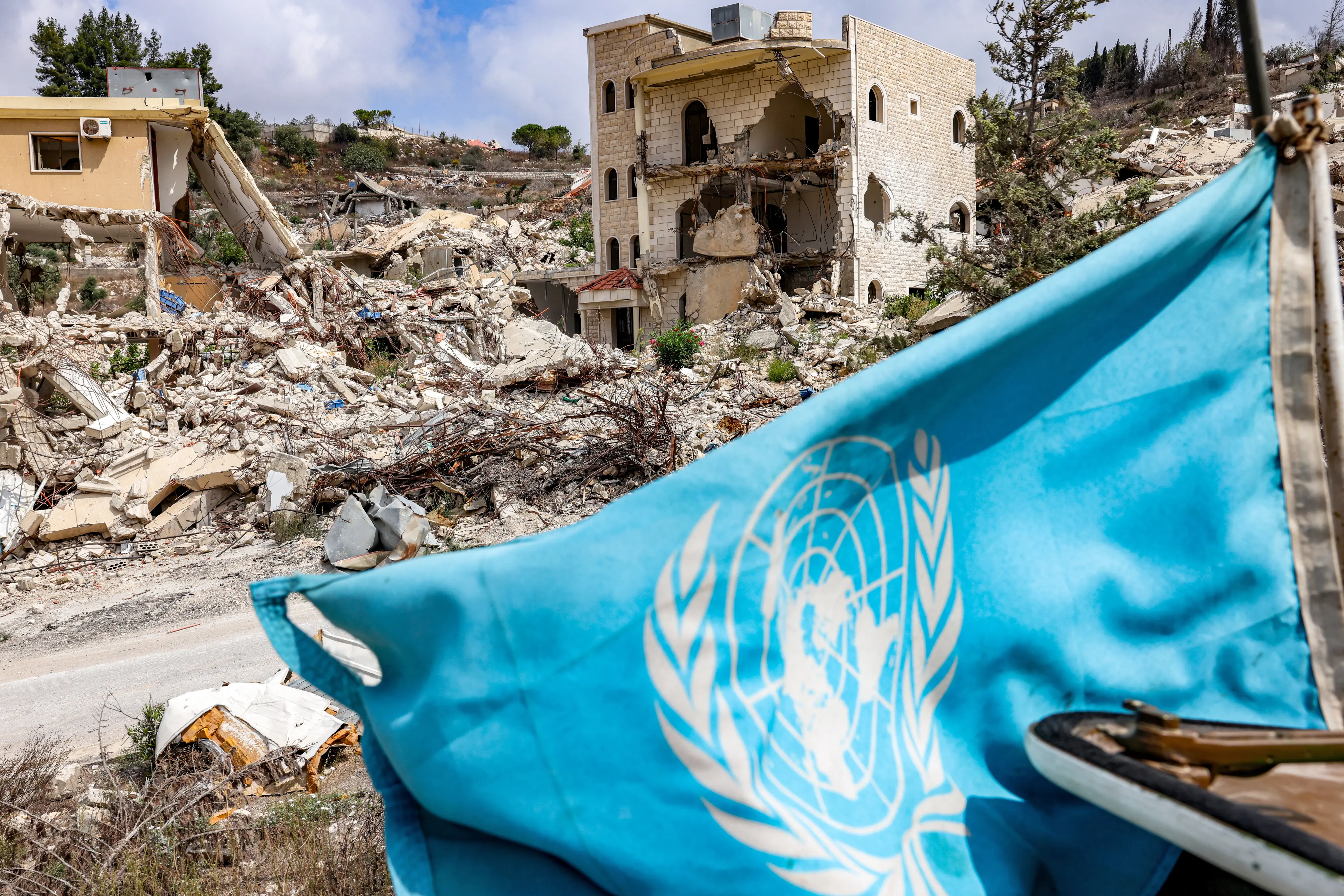News
UN Issues Global Warning Over Rising Tensions in 2025
The United Nations has issued a serious warning about rising geopolitical tensions in 2025, increasing the risk of global instability, conflicts, and economic disruption.

The United Nations has issued a strong and urgent warning about the rise in geopolitical tensions across the globe in 2025, highlighting growing risks that could destabilize regions, disrupt economies, and increase the chances of large-scale conflict. According to a recent report released by UN analysts and international security experts, the world is witnessing a dangerous mix of political rivalry, unresolved disputes, economic pressure, and rapidly advancing military technologies that together are pushing global relations into a more volatile phase.
Several regions remain at the center of concern. Longstanding conflicts in Eastern Europe continue to strain diplomatic ties between major powers, while instability in the Middle East and increasing territorial disputes in parts of Asia and Africa are deepening divides. These regional tensions are being worsened by the shifting balance of political influence, emerging alliances, and the weakening of long-standing agreements that previously helped maintain order.
The report also points to a significant rise in military activity and spending. Countries across the world are increasing their defense budgets, expanding military bases, and testing advanced weapons systems. While governments often justify these actions as defensive measures, the United Nations warns that such moves can trigger similar responses from neighboring nations. This cycle leads to an arms race effect, increasing the risk of misjudgment, unintended escalation, and direct confrontation between powerful states.
Another growing area of concern is the use of modern technology in conflict. Cyber warfare and digital surveillance have changed the nature of global security threats. Attacks on communication networks, power grids, financial systems, and government databases are becoming more common. The use of artificial intelligence in military planning and autonomous weapons development has raised serious ethical and safety questions. These tools lower the threshold for warfare, making it easier for hostile actions to occur without direct accountability.
Economic instability is also contributing to rising tensions. Inflation, energy shortages, disrupted supply chains, and widening inequality are placing enormous pressure on governments. Developing nations are especially vulnerable, facing increasing debt and reduced access to international support. As competition for limited resources such as food, water, and energy intensifies, the risk of conflict over essential supplies becomes greater.
Climate change further fuels geopolitical instability. Droughts, floods, rising sea levels, and extreme weather patterns are forcing populations to migrate and compete for land and resources. These environmental pressures are already leading to internal conflicts and cross-border tensions in vulnerable regions. The UN has warned that without coordinated global action on climate adaptation and mitigation, these problems will continue to escalate in the coming years.
In response, the United Nations is calling on world leaders to strengthen diplomacy, revive peace agreements, and recommit to international cooperation. Greater transparency, dialogue, and respect for international law are being emphasized as essential steps toward de-escalation. The organization is urging nations to invest in conflict prevention programs, promote economic stability, and work together on shared challenges such as climate change and cybersecurity.
The UN’s message is clear: the growing tensions of 2025 do not have to lead to disaster. Through cooperation, communication, and a renewed commitment to peace, the global community still has an opportunity to change course and avoid devastating consequences.
PUBLISHED: November 24, 2025

Jeffrey E. Byrd connects the dots that most people don't even see on the same map. As the founder of Financial-Journal, his reporting focuses on the powerful currents of technology and geopolitics that are quietly reshaping global systems, influence, and power structures.
His work follows the hidden pipelines—where data, defense, finance, and emerging technology intersect. He highlights the players who move behind the curtain: governments, intelligence networks, private security alliances, and digital industries shaping tomorrow's geopolitical terrain.
Jeffrey’s mission is to give readers clarity in a world where complexity is used as strategy.
Read More




